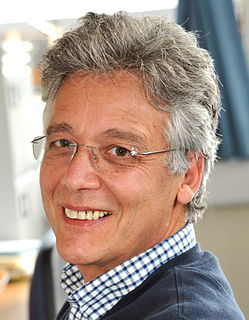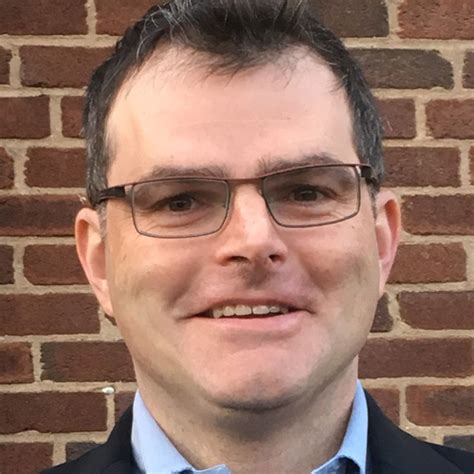A Quote by Siri Hustvedt
Both depression and anxiety disorders, for example, are repeatedly described in the media as 'chemical imbalances in the brain,' as if spontaneous neural events with no relation to anything outside a person's brain cause depression and anxiety.
Related Quotes
Depression is not caused by a chemical imbalance in the brain, and it is not cured by medication. Depression may not even be an illness at all. Often, it can be a normal reaction to abnormal situations. Poverty, unemployment, and the loss of loved ones can make people depressed, and these social and situational causes of depression cannot be changed by drugs.
INTROVERTS are especially vulnerable to challenges like marital tension, a parent’s death, or abuse. They’re more likely than their peers to react to these events with depression, anxiety, and shyness. Indeed, about a quarter of Kagan’s high-reactive kids suffer from some degree of the condition known as “social anxiety disorder,” a chronic and disabling form of shyness.







































